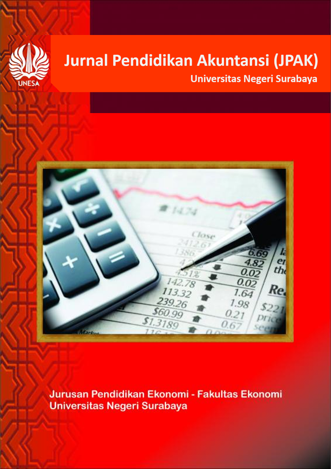Mental Accounting dan Problematika Pola Perilaku Keuangan Working Student: Berhasil Atau Gagalkah?
DOI:
https://doi.org/10.26740/jpak.v11n3.p267-274Keywords:
Finance; students; mental accountingAbstract
Financial management is an important thing, especially for a student who works and studies, apart from the demands to achieve higher education, a student is also required to be able to live independently by supporting himself. This study aims to reveal how the strategy of a student who works and studies can manage finances with a mental accounting mindset. The research uses a descriptive qualitative method with phenomenological studies on students who work and study in the city of Pontianak. The research was carried out by conducting in-depth interviews with informants. Based on the results of the study, it was found that the mindset of mental accounting is an important basis for a student who works and studies to be able to carry out smart strategies in managing finances. Mental accounting is an important capital for students who work and study to be able to use money more effectively and efficiently.
Downloads
Downloads
Published
How to Cite
Issue
Section
License
Authors who publish with this journal agree to the following terms:
- Authors retain copyright and grant the journal right of first publication with the work simultaneously licensed under a Creative Commons Attribution License that allows others to share the work with an acknowledgement of the work's authorship and initial publication in this journal.
- Authors are able to enter into separate, additional contractual arrangements for the non-exclusive distribution of the journal's published version of the work (e.g., post it to an institutional repository or publish it in a book), with an acknowledgement of its initial publication in this journal.
- Authors are permitted and encouraged to post their work online (e.g., in institutional repositories or on their website) prior to and during the submission process, as it can lead to productive exchanges, as well as earlier and greater citation of published work (See The Effect of Open Access).

Jurnal Pendidikan Akuntansi (JPAK) is licensed under a Creative Commons Attribution-NonCommercial 4.0 International License.
 Abstract views: 450
,
Abstract views: 450
, PDF Downloads: 412
PDF Downloads: 412



